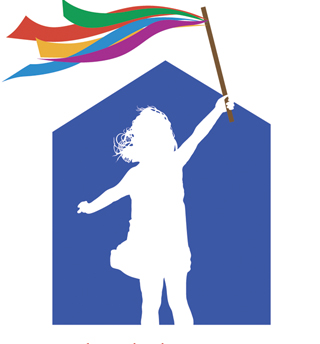IMPORTANT MESSAGE
The Children’s Advocacy Center of Jackson County will remain open but limited to emergency and crisis related situations. Our therapy department will be moving to providing services by phone or a HIPPA complaint web based platform. This week most appointments were cancelled in order to work out a process to move in a way to be able to continue to provide interventions in a safe way.
We will continue to schedule, on an emergency basis, forensic interviews. As always these will be scheduled through law enforcement or child protection and we will work those entities to do so in as timely and in accordance to CDC recommendations. We will be evaluating this daily based on the latest recommendations and what we learn about the spread of COVID 19. “Emergency Basis” is being defined by law enforcement and child protection protocols and the ability to secure safety of the child needing the interview.
We are increasing our cleaning of our building wiping down surfaces throughout the day.
We are going to a smaller staff being on site at any given time. If the phones ring longer or go to voicemail more frequently please be patient.
We know that child abuse does not stop for any reason and we are working on being as responsive as we can and still help stop the spread of COVID 19.
We will be limiting the number of people in our work spaces. What that translates to is we are trying very hard not to have more than one family in our building at one time. NO ONE will be allowed in the building who is currently ill, running a fever or has had flu like symptoms in the last five days.
We are not accepting donations of any used or gently used items at this time. We are accepting snacks that are prepackaged by the manufacturer (i.e. goldfish, animal crackers, etc.) While we are not serving the usual number of children, we will be very soon have an increase once the CDC recommendations are lifted.
We are also accepting donations of cleaning supplies such as Clorox, Lysol, or cleaning wipes. These are in high demand. We have some supplies right now but like you are uncertain how long this may be a need. We are not assembling a stockpile of any supplies which means at the rate we are going we will run out.
Additionally we are accepting gift cards in ten dollar increments to grocery stores in order to help out the families we serve who may not be receiving an income right now or may be facing reduced income or will need help with food even after the immediate concern is lifted.
At this time all Protect Our Children trainings are cancelled or postponed. After April 15th we will reevaluate based on the most current recommendations from the Governor and CDC at that time.
Thank you
Tammi Pitzen, Executive Director of the Children’s Advocacy Center of Jackson County
